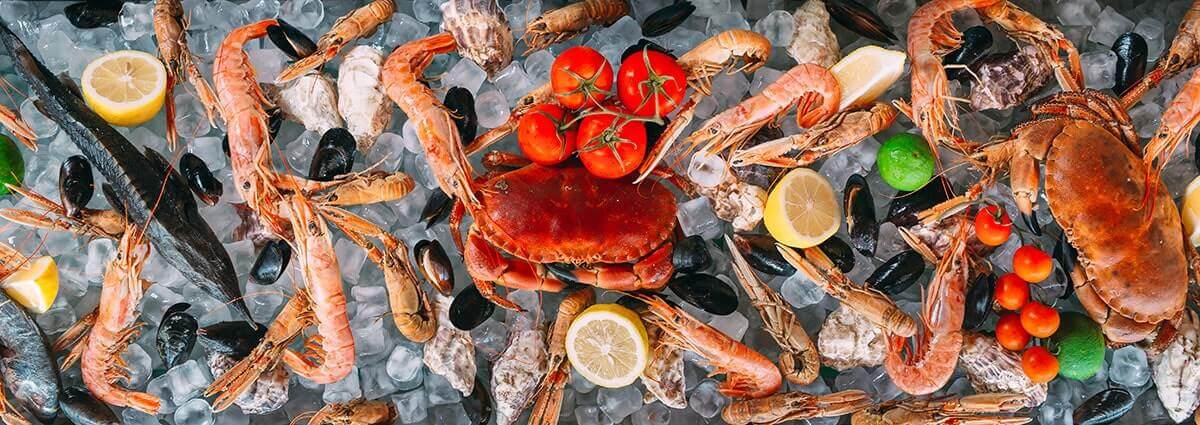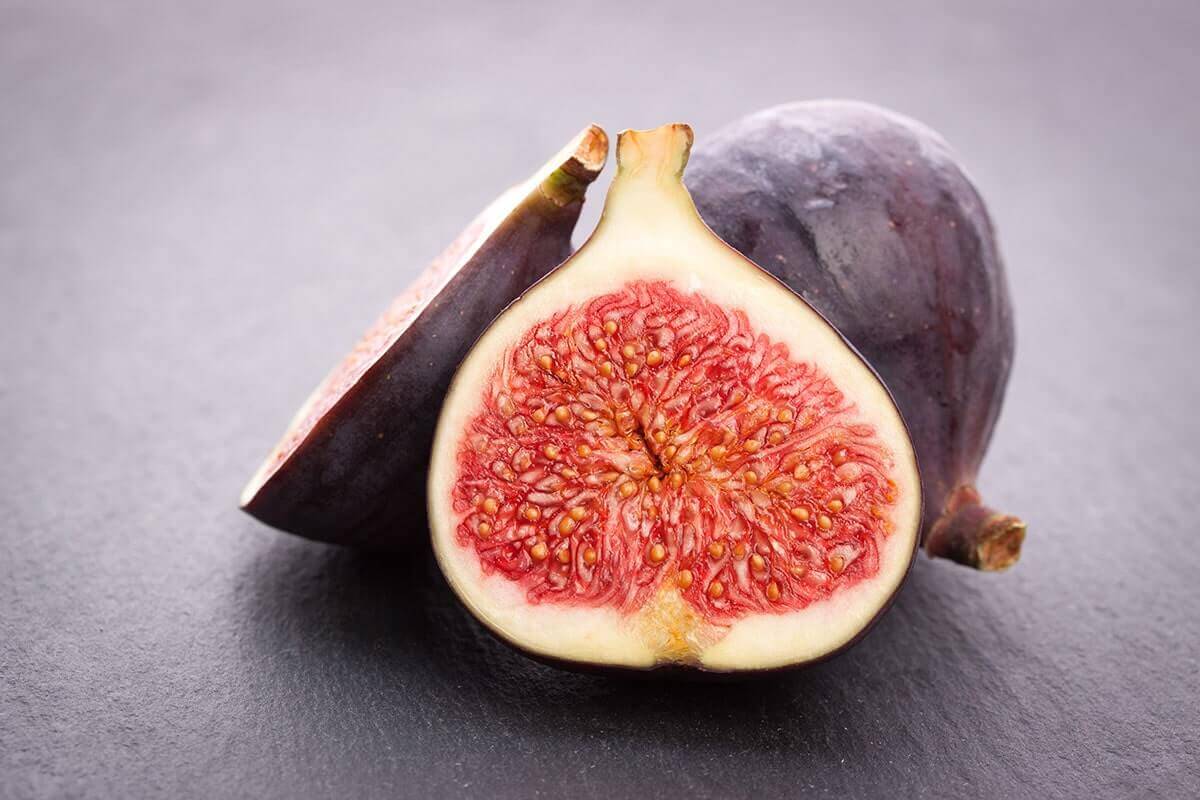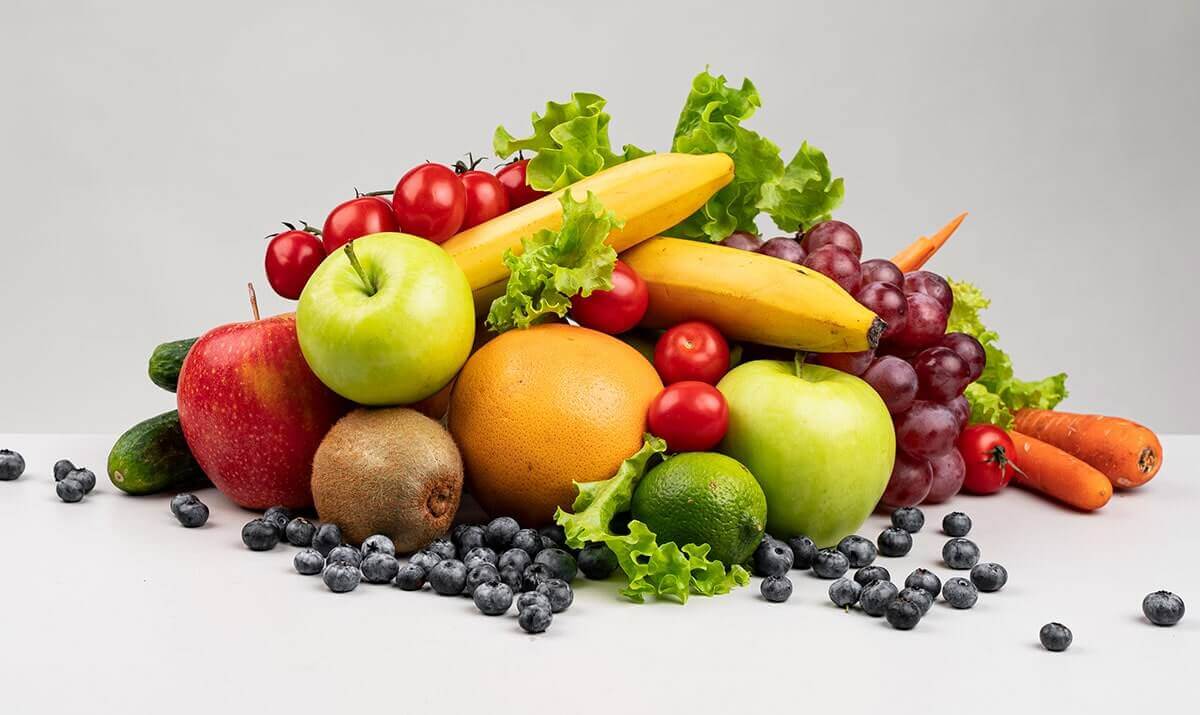For thousands of years, people have credited certain food for improving male libido. But, is there definitive evidence that a food can help boost your libido?
For the most part, reports of foods boosting libido are anecdotal. There are very few longitudinal studies that explore the effects of foods on libido, as such.
But there are some foods that have a good chance of helping you out, depending on what’s causing your low libido. Keep reading to find out what those are.
1. WHAT’S THE PROBLEM?
Libido is a much more complex subject than short-term sexual desire. Not feeling in the mood for sexual activity is not necessarily a problem. In fact, losing some of your sexual appetite is part of the natural process of aging.
There are many factors affecting your libido, and some of them won’t be affected by any foods. So, instead of recommending a panacea for libido, it’s more useful to talk about food for improving male libido in the context of the causes of low libido they can help counteract.
2. ERECTILE DYSFUNCTION
Erectile dysfunction is a common source of low libido. Fortunately, it’s also one that dietary changes can help address depending on what’s causing it.
ED is often caused by cardiovascular issues. In fact, drugs such as Viagra that are designed to facilitate erections are vasodilators. Vasodilators function by relaxing and widening blood vessels to improve blood flow.
Good blood flow is a key component of achieving and sustaining an erection. And, there are many foods that can contribute to better blood flow, but few as effective as watermelon.
Watermelon has a plethora of beneficial compounds, and topping the list is citrulline.
Citrulline is an amino acid and although our bodies can produce it, getting more of it has proved to be beneficial in a lot of ways. When metabolized, it changes into L-arginine and nitric oxide.
Nitric oxide is an effective vasodilator and plays a key role in cardiovascular health. Citrulline is not as effective as ED drugs, but it’s a safe option that can have a substantial effect in combination with other interventions.
Watermelon also has a healthy dose of lycopene, a phytonutrient also abundantly present in tomatoes. A study at the University of Cambridge found that a daily supplement of lycopene improved the function of blood vessels in patients with cardiovascular disease.
Lycopene is an antioxidant and vasodilator and may help further alleviate circulatory issues relating to ED.
Does that mean a slice of watermelon every day will cure your ED? Not exactly.
Watermelon is mostly water, so there are few nutrients in it by weight, including citrulline and lycopene. Your best bet is to resort to concentrated watermelon juice, but that can be difficult to get a hold of.
Volunteers in one study were able to increase levels of arginine with watermelon. But, they drank three 8oz glasses of watermelon juice per day for three weeks to do it.
So, even if eating watermelon is effective, you’re much better off getting citrulline and arginine in the form of a supplement, unless you live on a watermelon farm.
3. LOW LIBIDO
In contrast to erectile dysfunction, the causes of low sexual desire are much more difficult to narrow down.
Foods that allegedly boost libido are called aphrodisiacs, and evidence about aphrodisiacs is sketchy at best.
Because libido is tied to such a complicated set of functions, some foods may actually work as an aphrodisiac for some people and have no effect on others. However, one food that many people have touted as a libido booster for a long time is oysters.
The effectiveness of oysters as a libido booster may be due to their zinc content. Zinc is a key mineral for human health and especially important in male sexuality. Zinc plays a role in cell metabolism and maintaining physical stamina.
Moreover, zinc helps regulate testosterone levels. Zinc supplementation has been used to increase levels of free testosterone in men. It’s also linked with healthy sperm counts and sperm motility.
Oysters have more zinc per serving than any other food and they also boost dopamine. Dopamine is a mood-regulating hormone closely associated with feelings of wellbeing.
So, will oysters make you desire more sex?
The legendary lover, Casanova, seemed to think so. But, the concrete evidence is still lacking. What is certain, however, is that zinc contributes positively to male sexual health.
4. WANT VS. CAN
Since libido is such a complicated subject, gorging on watermelon and oysters is probably not going to solve everyone’s libido woes. Sexual desire has a lot of layers and while proper nutrition is a good start, you’ll also need to implement a series of lifestyle changes.
But don’t despair, the right regiment of physical activity coupled with the right diet and supplementation can go a long way toward boosting your libido.


